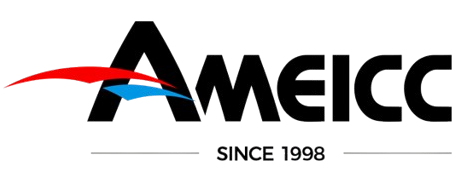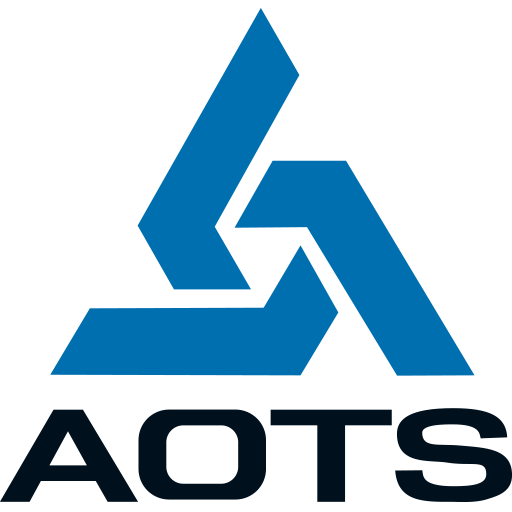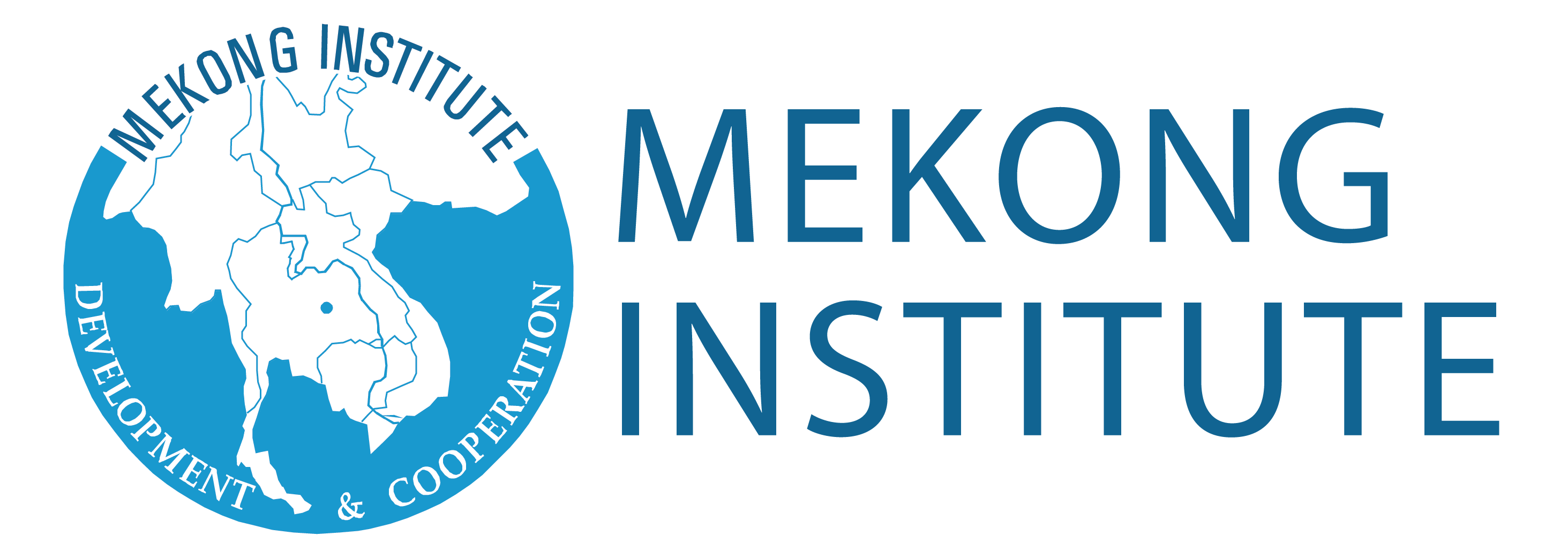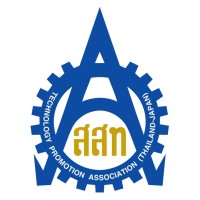The development of the ASEAN-Japan Economic Co-creation Vision highlighted the necessity for SME supply chains to adopt Environmental, Social, and Governance (ESG) principles to enhance sustainability and maintain competitiveness in a changing global market. Due to the limited knowledge among SMEs regarding their application, despite potential benefits such as reduced operational costs through practices like Kaizen. In response to this challenge, Japan has initiated a co-creation project aimed at accelerating ESG actions among local SMEs through targeted capacity-building efforts.
Funded by AEM-METI Economic and Industrial Cooperation Committee (AMEICC) and in coordination with the Association for Overseas Technical Cooperation and Sustainable Partnerships (AOTS) as AMEICC’s Secretariat, Mekong Institute as the Project Lead and function as Project Management Unit (PMU) in partnership with project consultants as entrusted service provider is implementing the Project on Mekong Sustainable Supply Chains Transformation and Advancement from September 2024 to August 2026. The project will facilitate collaboration program between SME suppliers and key stakeholders to improve ESG performance with a focus on environmental issues related to decarbonization in the automotive, textile, and agriculture sectors. The program will include developing tailored training programs, educating local trainers, and connecting SME suppliers with solution providers and financing options. The initiative aims to empower SME suppliers to meet global standards while proposing supportive policies for sustainable practices across the Mekong region.








